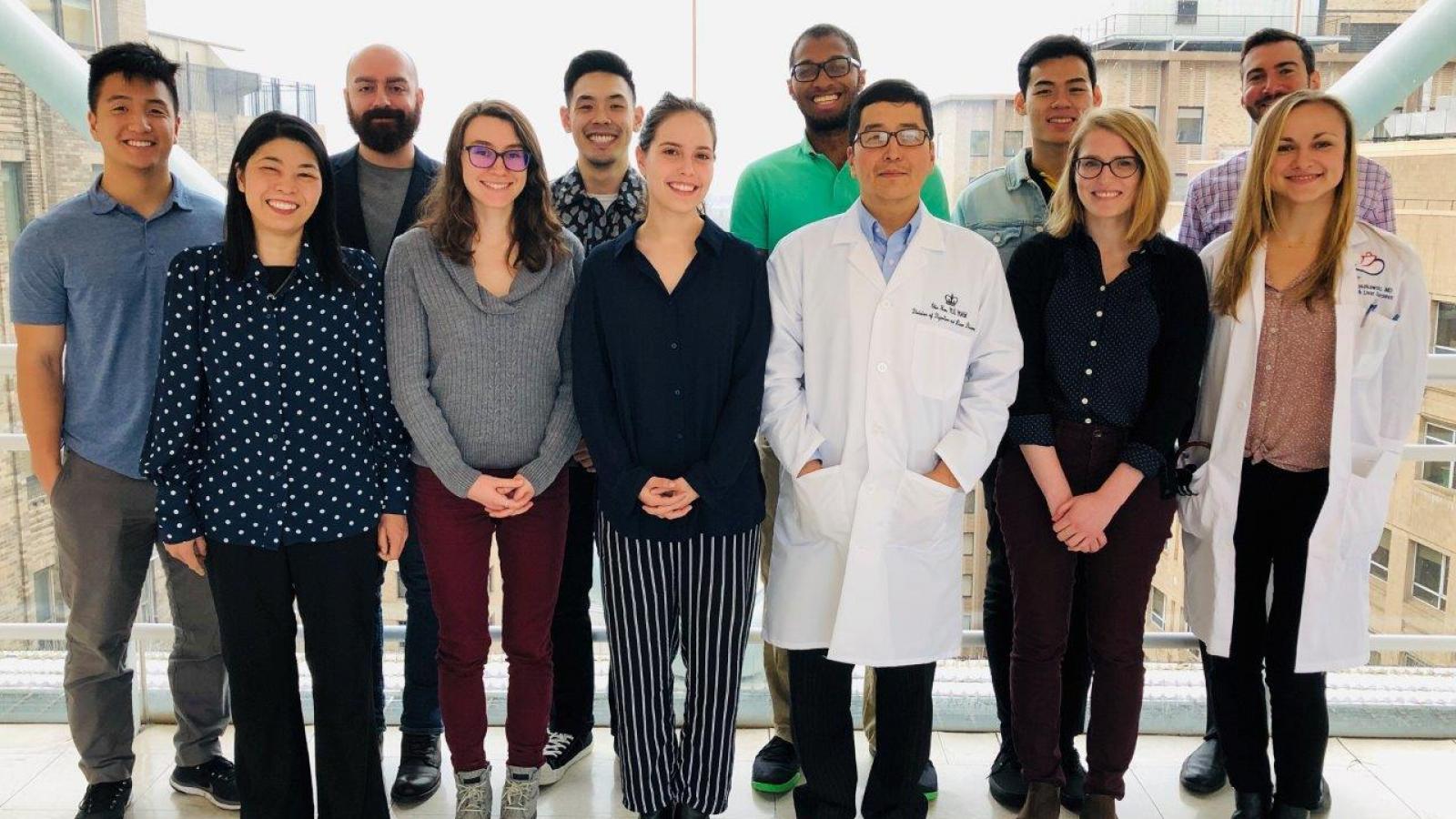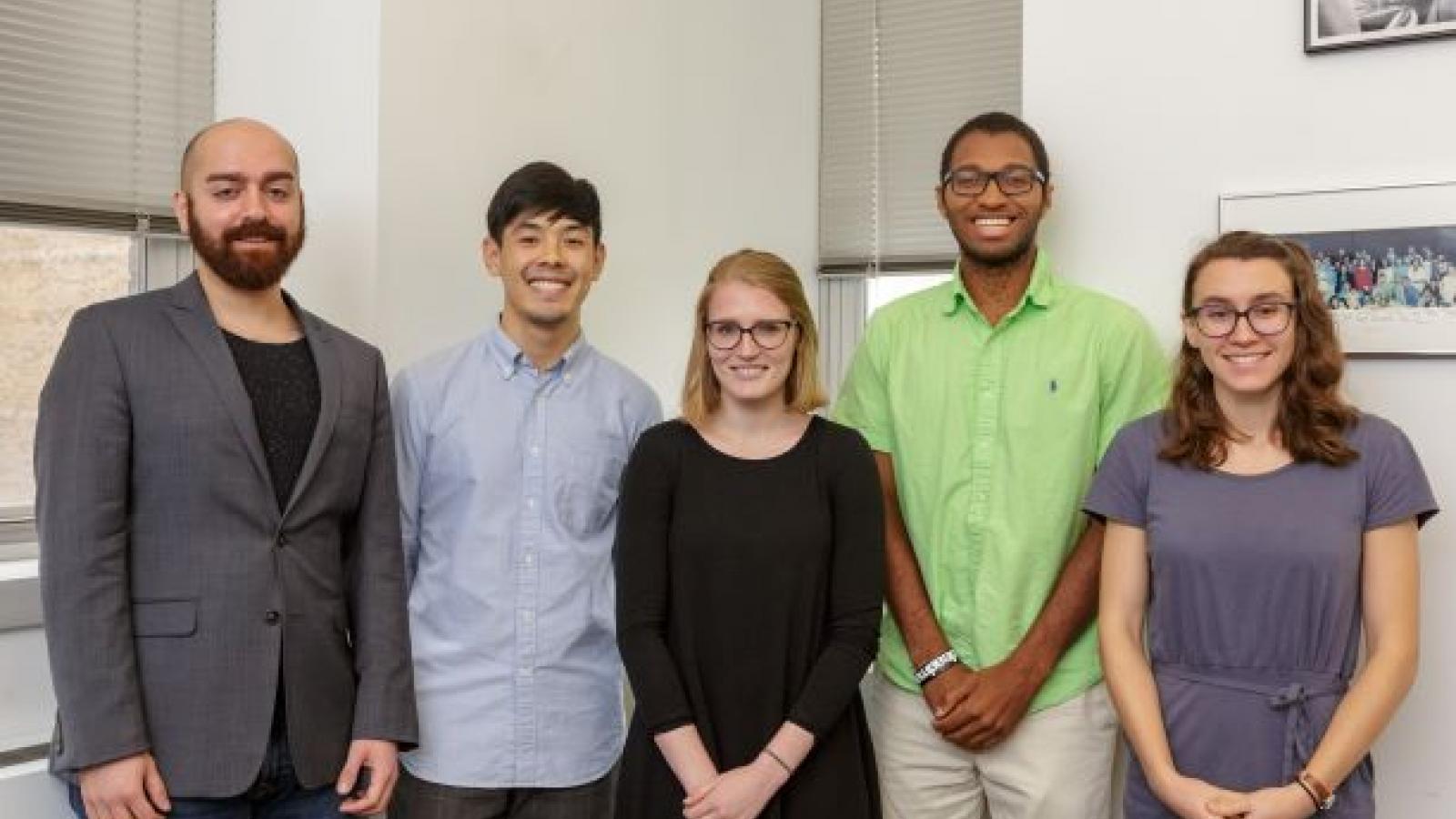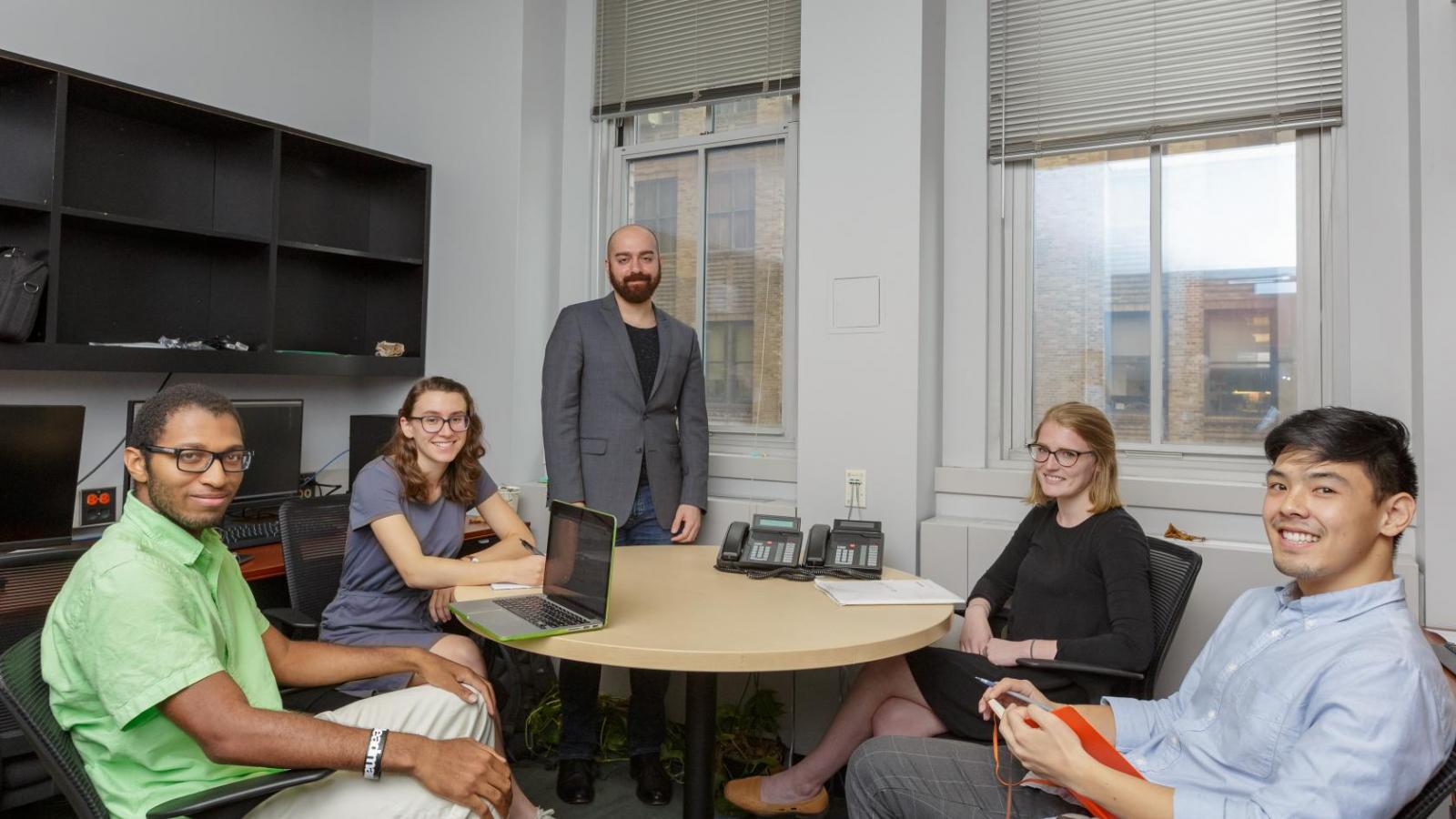Columbia Healthcare Innovation Research and Evaluation (HIRE)
The goal of HIRE is to utilize cutting-edge quantitative methods and technique to spur health innovation and to provide comprehensive evaluation of new healthcare technologies or therapies from many outcomes perspective.
We perform analyses to provide data and evidence for many stakeholders or perspectives including those of: patients, providers, health systems, and society. Thorough evaluation using advanced techniques can inform clinical decisions and policy decision but also prioritize future research.
Projects
Current NIH-funded research projects include:
Esophageal Adenocarcinoma Model (EACMo)
We have developed a microsimulation policy model of esophageal cancer and published extensively using it to guide and optimize the prevention and management of this cancer. EACMo is also one of the simulation models in the National Cancer Institute’s CISNET comparative modeling consortium. Dr. Hur serves as the contact and coordinating PI for the esophageal cancer group.

Population Esophageal Cancer Risk Stratification Using a GINI Coefficient
Pancreatic Cancer Treatment Model
The purpose of this project is to personalize the treatment of pancreatic cancer, balancing the potential benefits of therapies against the complications, toxicities and morbidities associated with more aggressive treatment plans.

One-Way Deterministic Sensitivity Analyses and Cost-Effectiveness Acceptability Curve
Stroke Model
We have developed and analyzed a model to optimize stroke care, including a mobile phone application, that helps paramedics determine which medical center to take patients to.

Optimizing Stroke Care by Guiding Hospital Selection Incorporating Distance and Traffic
Fatty Liver Projects
Analyses including assessing the cost-effectiveness of screening for fatty liver in diabetic patients, and determining the cost-effectiveness of bariatric surgery to prevent liver related deaths.
Obesity Management
We have performed modeling analyses to assess the cost-effectiveness of bariatric surgery in adolescents who are severely obese, as well as compared the effectiveness of various pharmacologic therapies again lifestyle interventions.
Eosinophilic Esophagitis (EoE) Modeling
We have created an Eosinophilic Esophagitis model to study a clinical area of medicine that is difficult for patients. We utilized our model of EoE to study the optimal approach to the elimination diet largely from a patient perspective.

Simulation Modeling to Guide Food Elimination Strategies for Patients with Eosinophilic Esophagitis
Our Team
Jiheum Park, PhD
- Assistant Professor of Medical Sciences (in Medicine) at CUMC
Jennifer Ferris, PhD
- Associate Research Scientist
Alice Agyekum
- Junior Programmer
Josephine Soddano
- Junior Programmer
Sophie Wagner
- Research Analyst
Annabel Gerber
- Junior Programmer
Nitish Aswani
- Data Coordinator
Francesca Lim
- Variable Hours Officer


